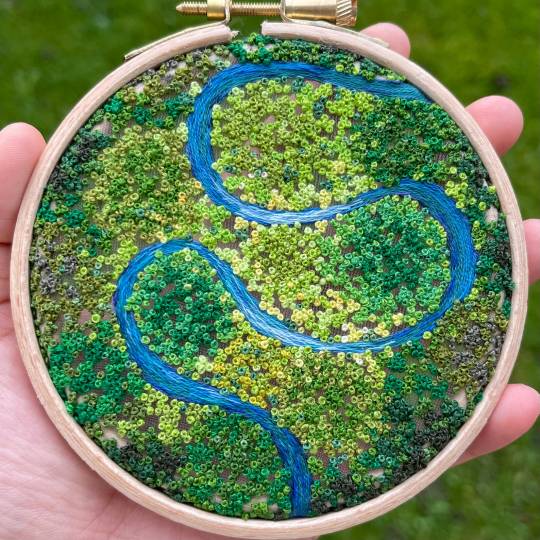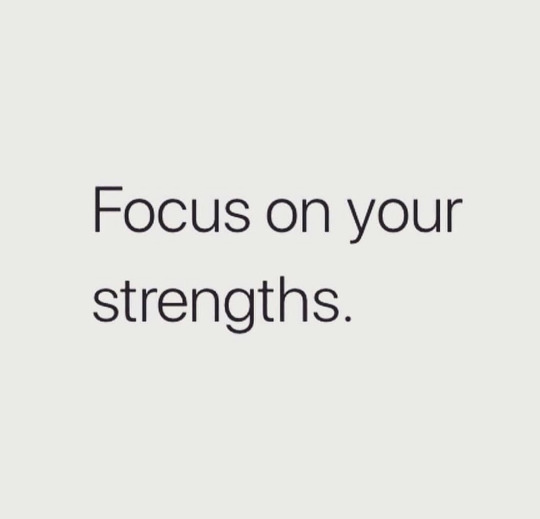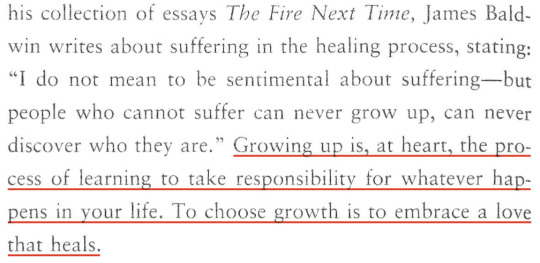Text
If you haven’t washed your hands, brushed your teeth, washed your face, and/or showered recently, be sure to take a break soon to do that. Personal hygiene is part of taking care of your health, and you’ll feel better after you do!
3 notes
·
View notes
Text
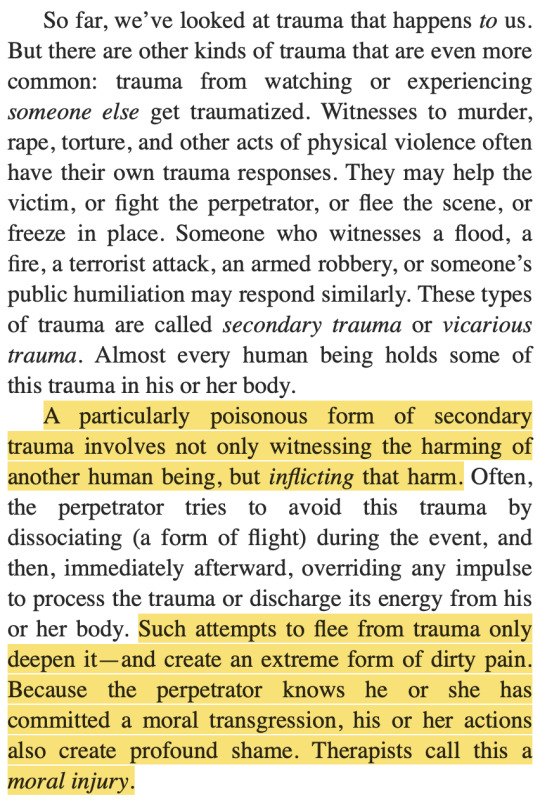
Resmaa Menakem, My Grandmother’s Hands: Racialized Trauma and the Pathway to Mending Our Hearts and Bodies
1K notes
·
View notes
Photo

Tony Hoagland, from “Peaceful Transition”, What Narcissism Means to Me
70K notes
·
View notes
Text
people can have more than you and still be jealous.
385 notes
·
View notes
Text
how i memorize everything in medical school 🧠📚
1. arrange your material into different blocks
2. after reading through each block, close the page/your laptop and summarize the content out loud, as if you were teaching it to someone. this is how the neural connections in your brain begin to form!
3. when you’re done, ask yourself questions based on the material — what could potentially be asked in an exam? what was the most relevant information?
4. put these questions and the most crucial information on a flash card, the most effective way of doing this is using a spaced repetition system like anki
5. review continuously until you’ve memorized it!
1K notes
·
View notes
Text
Nine things to consider when writing about mental health
Nine things to consider when writing about mental health
Many authors, including me, write about sensitive topics that affect our emotional wellbeing, such as abuse, bullying, etc. However, some writers use these topics as a hook to attract readers only to offend them. This happens mainly if the subject triggers someone who has been through an unfortunate experience. Here are nine things to keep in mind while approaching sensitive topics. Empathy is…
View On WordPress
2K notes
·
View notes
Text



these large 'flashcards' took the most time, but they didn't prove to be very useful. i'm just NOT good at remembering plain facts, which is one of the major reasons l love science. so yeah, memorizing sucks.
82 notes
·
View notes
Photo
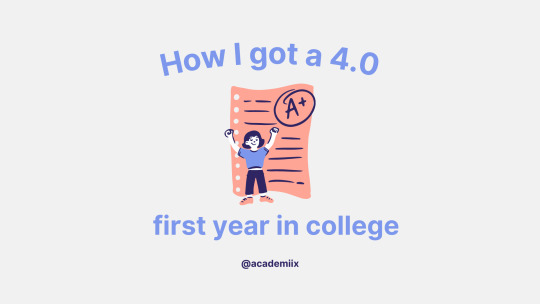
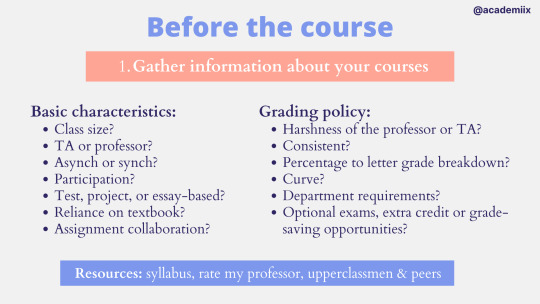

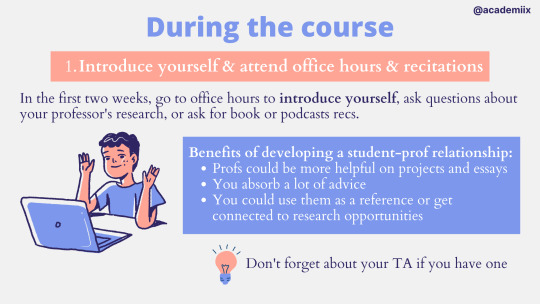
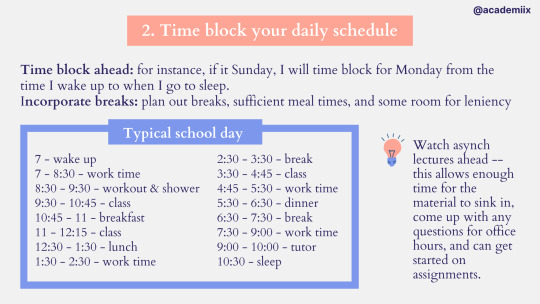
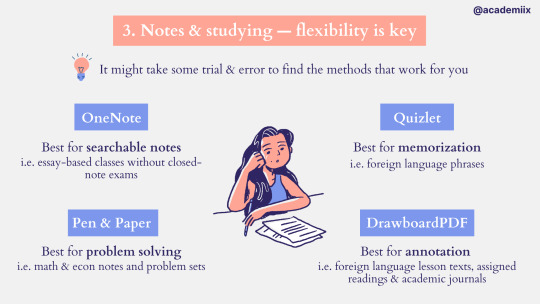
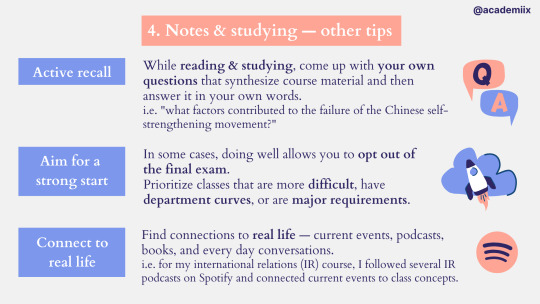
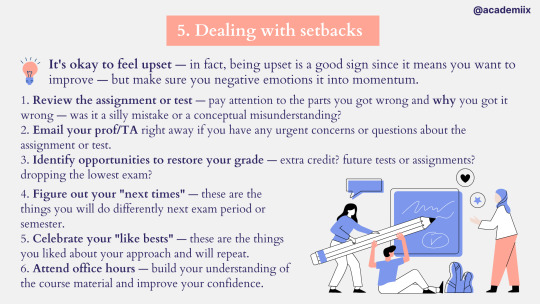
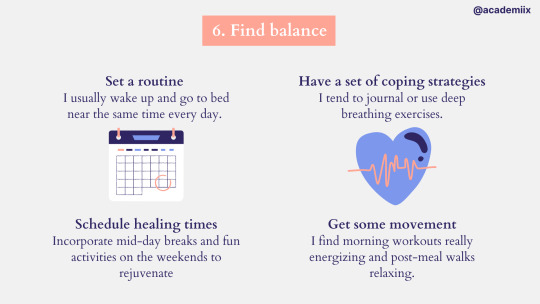
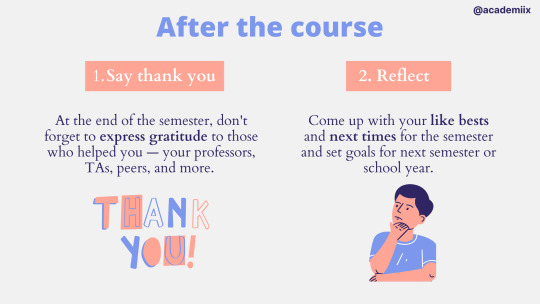
How I got a 4.0 first year in college | academiix
Watch the video version on Youtube.
View my other tips and masterposts.
6K notes
·
View notes
Text
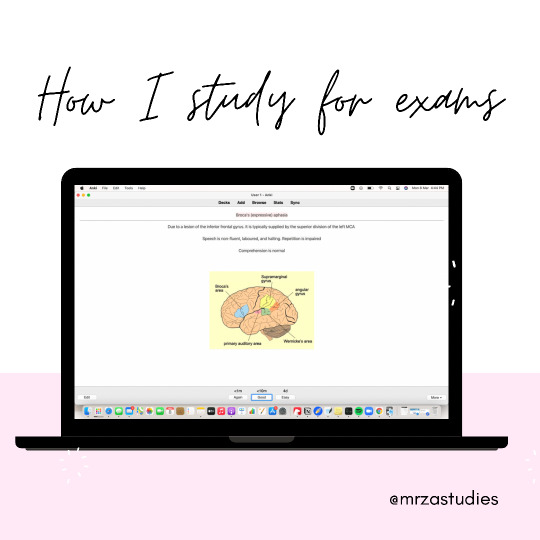
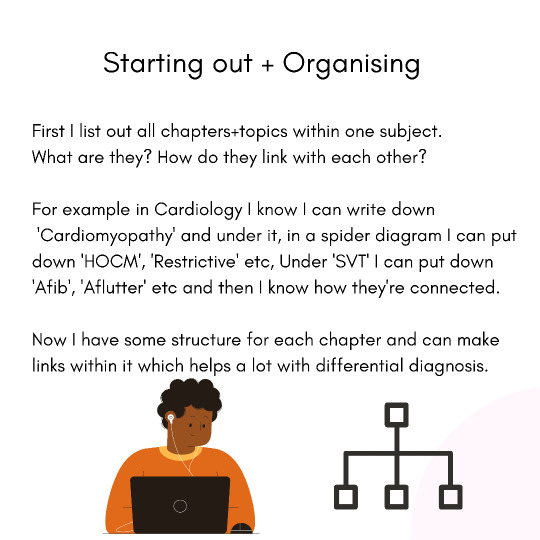
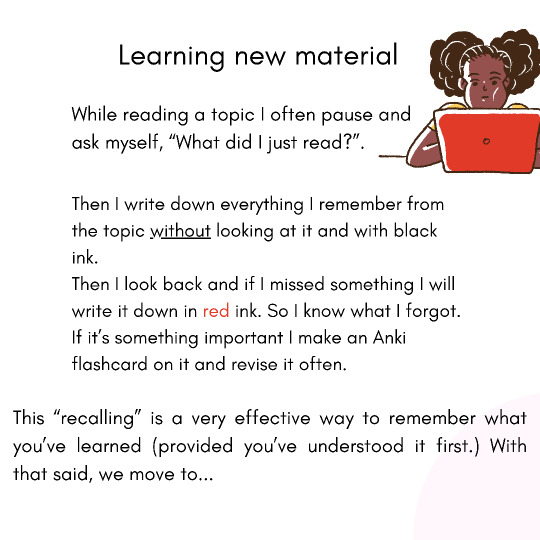
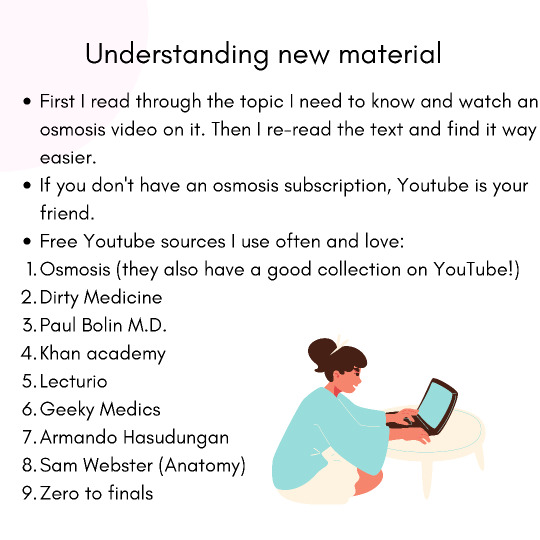
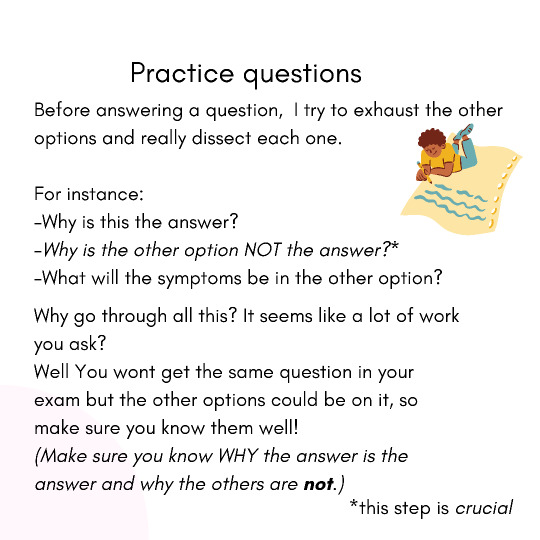
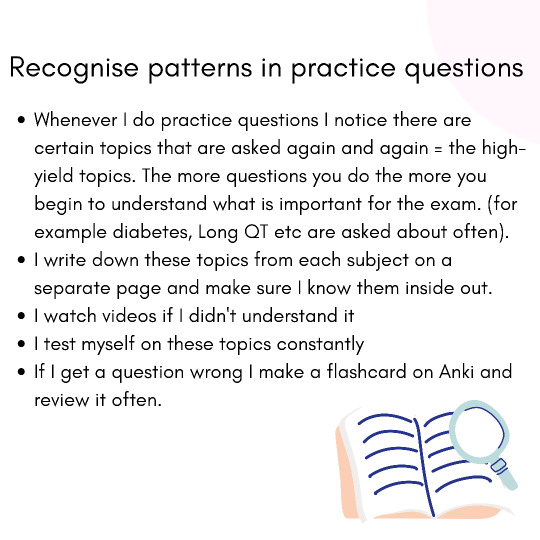
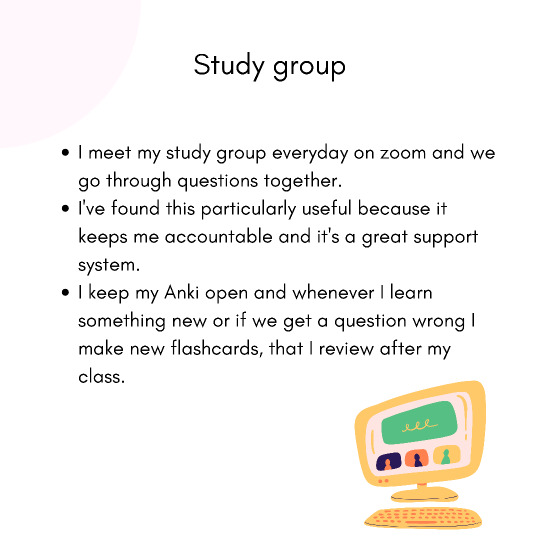
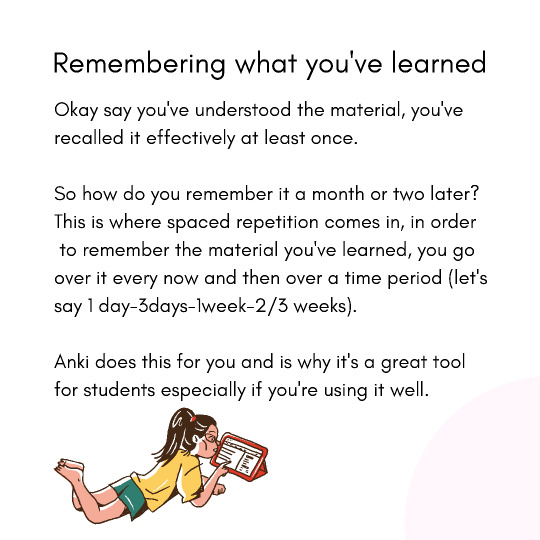
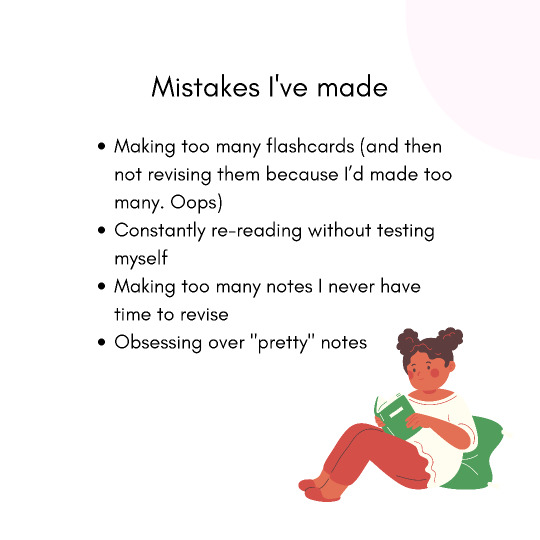
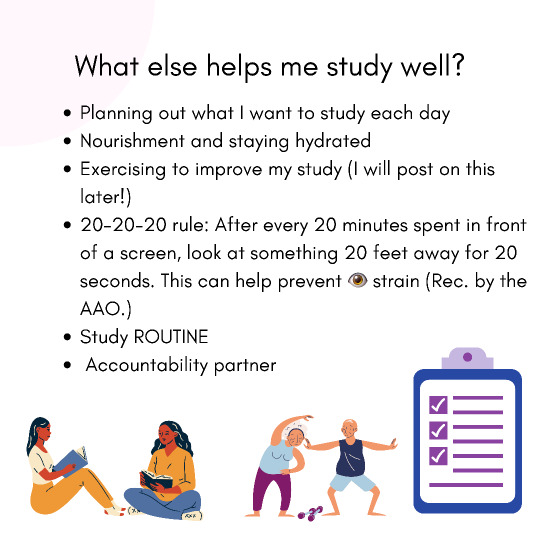
Thought I would post my most shared study related content from Instagram here 😌 You can follow me on Instagram here: mrzastudies
Hope you find it useful
Happy Studying!
mrzastudies
219 notes
·
View notes
Text
Study in a brain-friendly way: Making a week plan
Write down all study appointments. For example: Lectures, work groups, seminars, deadlines for essays and exams.
Write down the already planned and important social appointments. For example: Working hours for a (voluntary) job, sports, important parties, dinner appointments.
Write down necessary time to relax. We recommend keeping at least one day free of study of study tasks, for example in the weekend. Also, take into consideration: Mornings after a late-night activity, and evenings after a long day of work.
Write down self-study time. When will you be able to study? Study appointments + self-study should comprise about a full-time job (40 hours per week). What will you do during this study time? When will you have breaks?
Now write down some buffer time. Life is full of surpries. In all lives unexpected events will occur. So, it’s absolutely necessary to plan in buffer time. In the time you plan in ‘in reserve’ you can complete tasks that have been delayed. If there is no (study) delay, buffer times becomes free time.
Think about the time-slots that are still empty. Are there specific things you would like to do in this time? If not, name them: ‘free time’. Especially if you’re a perfectionistic person, it’s good to also make your ‘free time’ SMART so you know when you are NOT going to worry about your studies.
480 notes
·
View notes
Text
The checklist you need
The summer holidays are over, autumn is just around the corner and the new semester is here faster than you would have expected
What now?
Here are my tips to start the new year in an organised way!
Basic requirements
Of course, it's always helpful to start with a tidy and organised workspace, so if you still have papers lying around on your desk from last year and you haven't cleaned them out yet, you should definitely do so
It's also a good idea to create a study corner where you feel comfortable and safe. Whether your desk is in the basement or you only have a tiny little corner to yourself, try to design it the way you like it and experiment with some decorations and different lights to create a nice atmosphere
Although I'm a big advocate of minimalism, there are still one or two things that you should buy
Materials
Even if you work on the computer most of the time, it is still good to get a notebook to take notes (I prefer to write down my notes by hand and not on the laptop)
To avoid a mess of notes, a folder is essential. I can't stress this enough, GET A FOLDER AND FILE YOUR NOTES/DOCUMENTS
Get nice pens that you can write well with to get the nicest handwriting possible (my handwriting is terrible so I use fountain pens). Of course you also need different markers to highlight the most important things
Get a planner or bullet journal to write down all your important appointments and have everything at a glance
Think of 2-3 meals or snacks that are quick to prepare and whose ingredients you usually have at home to keep you well-fed while studying. Regular meals are important to keep your body and brain working well
Same with hydration, you need to drink regularly and keep yourself hydrated to function properly. So buy your favourite tea/coffee, a cute cup to make it more appealing and your brain will be happy
Are you someone who listens to music whilst studying? Yes? And you don't have your own playlist yet? I think you know what to do in this case
The important questions and answers
In order to be up to date and always well informed, it definitely makes sense to write down a plan at the beginning of each year. The questions are embarrassingly easy but of great importance. This plan really saved my ass, so I can only recommend it to everyone
1. What year/semester am I currently in?
2. When does the semester start and end?
3. How many subjects do I have this year and which lecturer is responsible for which subject?
4. Are there subjects that are more important than others?
5. What do your exams look like in the respective subjects? Are there oral exams, written exams, project work or essays?
6. When will the exams be written/when are the deadlines? Write down each date of each exam/deadline
7. Which topics are covered by which lecturers?
8. What do I know about my lecturers? Are the questions asked easy or difficult to answer? Does he stick to the script or does he expect his students to read into the subject on their own? Does he ask open questions or single choice questions?
9. Are there any special features this year, such as an internship or an excursion or practical lessons?
10. Are there any places nearby (libraries, parks, cafés) where I can study? If not, then you should look around a bit and I'm sure you'll find something quickly
11. Is there anyone besides my lecturer that I can ask for advice? (Maybe other fellow students or students from higher semesters)
12. Facts on the table. How were my performances in the past and where do I want to go this semester? What are my goals and what possible mistakes have I made? Actually write down possible mistakes to visualise them
13. Who can I turn to when I am feeling bad, who is my reference person or is there perhaps a counselling teacher, a psychologist or a safe place to ground myself?
14. Last but not least, remember why you decided to start this study and what motivates you to persevere. Why do I want to do it so badly?
Once you have written this plan, keep it in a place where you can find it easily. Since I started answering these questions over and over again, I have become much more organised and confident in my studies. Of course, these are just the very basics. Feel free to add your own questions or materials, but once these things are checked off, a good start to the new year is definitely assured
Currently listening to: Asking Alexandria - Alone Again 🎶
708 notes
·
View notes







